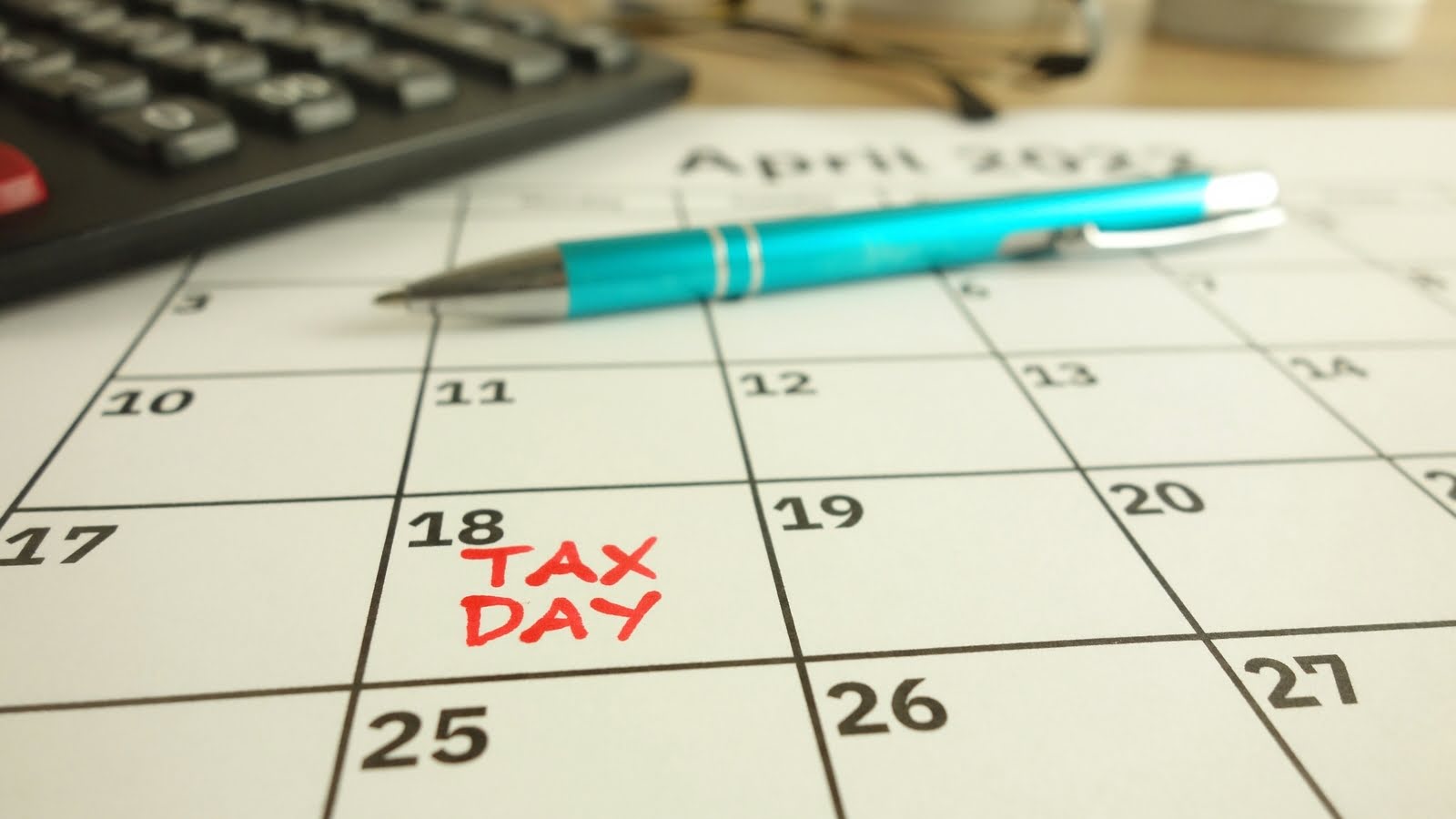If you’re self-employed, a freelancer, or run your own business, estimated quarterly tax payments are probably one of those chores you’d rather not have to deal with. Considering all the ups and downs of running your own show—unpredictable income, shifting tax rules, and a thousand other things on your plate—it’s no wonder a payment might slip through the cracks now and then.
The good news: Missing an estimated tax payment is far from a disaster. Lots of folks find themselves in this boat every year. Once you understand the basics—what happens, why it matters, and how to fix it—it’s actually pretty manageable. Let’s unpack the nitty-gritty so you’ll know exactly what to expect, and how to regroup if you’re a little off track.
What are estimated quarterly tax payments anyway?
In plain English: estimated quarterly taxes cover money you earn that isn’t taxed automatically. This usually means you don’t have an employer withholding taxes from your check. So if you’re a freelancer, own a small business, bring in sizable investment income, or collect rent, the IRS expects you to estimate your tax bill for the year and pay it in four installments.
Who needs to worry about these?
- Anyone self-employed (sole proprietors, freelancers, business partners, S corp owners)
- People earning a lot of interest, dividends, or capital gains
- Landlords and those with substantial rental income
- Basically, anyone making money that isn’t being taxed up front
Most of the time, if you expect to owe at least $1,000 after subtracting withholdings and credits, the IRS wants those checks each quarter. States usually have their own requirements too (and they may play by their own rules).
Why do you get penalized for missing a payment?
You might wonder: what’s the big deal if you pay later instead of quarterly? For the IRS, it all comes down to timing; they basically want their cut throughout the year instead of in one lump sum come April.
Here’s what happens if you’re late or underpay:
- Underpayment penalty: It’s not punishment, just interest the IRS charges for what you didn’t pay “on time.” They calculate this based on how much you underpaid, how long it’s outstanding, and their current interest rate (which, heads up, isn’t as low as it used to be).
- Interest kicks in: If you still owe taxes after April’s big deadline, interest starts piling up on top of any penalties.
States can throw their own penalty curveballs too—some are strict, some are more chill, but either way, it’s wise to check your state’s guidelines.
What if you miss more than one payment?
Essentially, missing a single payment is a blip. Missing several? Now you’re running a tab.
- Penalties and interest can snowball: Every missed or late payment gets added to the stack. The further behind you get, the worse it gets—not just in overdue taxes, but mounting penalties and interest.
- IRS notices, maybe audits: One missed payment? You’ll likely just owe a bit more money. But consistently falling behind, quarter after quarter, can attract more IRS attention and, in rare cases, might even lead to an audit.
For example:
- Missing one quarterly payment by a few days? The penalty will probably be pretty minor.
- Let payments slide for multiple quarters, or more than one year in a row? That’s how a small problem grows into hundreds—or even thousands—owed, once penalties and interest add up.
Does your type of income change the situation?
Not all income is created equally in the eyes of the IRS—and missing payments on certain types can sting more.
- Self-employment earnings: Alongside regular income tax, you’re on the hook for self-employment tax (think Social Security and Medicare). Miss a payment, and those penalties cover the whole shebang.
- Investment gains: Sold stock at a profit or cashed out a windfall? Those surprises can throw off your estimates, with penalties rolling in if you don’t adjust your payments.
- Rental, gig, or consulting income: Anything not covered by employer withholding is fair game. The IRS wants its share each quarter, whether you remember or not.
Moral of the story: Get familiar with how your income is taxed—and set reminders—so you’re not caught off guard.
What if your income or deductions change partway through the year?
Life rarely sticks to a script, especially when you’re self-employed. Good news: you can adjust along the way!
- Making more money than expected? Congratulations! But boost your future quarterly payments so you don’t owe penalties.
- Lost a major deduction? Maybe you paid off your mortgage or stopped giving to charity—update your math to avoid a shortfall.
- Big life events: New baby, marriage, divorce, or changes in dependents? All can shift your tax picture. It’s smart to recalculate and adjust future estimates.
- Quick tip: Try to revisit your estimated taxes at least midway through the year. It can save you hassle—and money—in April.
Can you lessen the damage if you’ve already missed a payment?
Thankfully, the IRS leaves some wiggle room for honest mistakes:
- Safe harbor rules have your back: You can often avoid penalties if you pay at least 90% of what you owe for the current year, or 100% of last year’s taxes (110% if you earn a lot), split over four payments.
- Increase withholding: If you have a side job with a regular paycheck, bump up tax withholding there. That can help offset (or even eliminate) the need for estimated payments.
- Catch up ASAP: The sooner you make up a missed payment, the lower your penalty will be. The IRS’s Electronic Federal Tax Payment System (EFTPS) makes it easy.
What should you do if you missed a payment?
First, don’t stress—just take it one step at a time:
- Find out where you stand. Check your records and figure out which payments you missed.
- Estimate any penalties. IRS Form 2210 is your go-to for calculating the damage.
- Pay what’s owed sooner rather than later. Use EFTPS for federal payments, or your state’s site for state taxes.
- Consider getting some advice. A tax pro can be a lifesaver if your income’s unpredictable or you’ve fallen behind by more than a quarter or two.
- Plan for the future. Adjust your estimates or withholdings now so next year goes more smoothly.
The bottom line
Missing a quarterly payment happens to more people than you’d think. So take a breath, regroup, and know that there’s a clear roadmap back to compliance. The most important thing is to deal with it promptly, get to know your numbers, and adapt when life changes your income or deductions.
Keeping an eye on your totals throughout the year, taking advantage of safe harbor rules, and looping in a tax expert when things get complicated—those habits can make tax season feel a lot less stressful.







